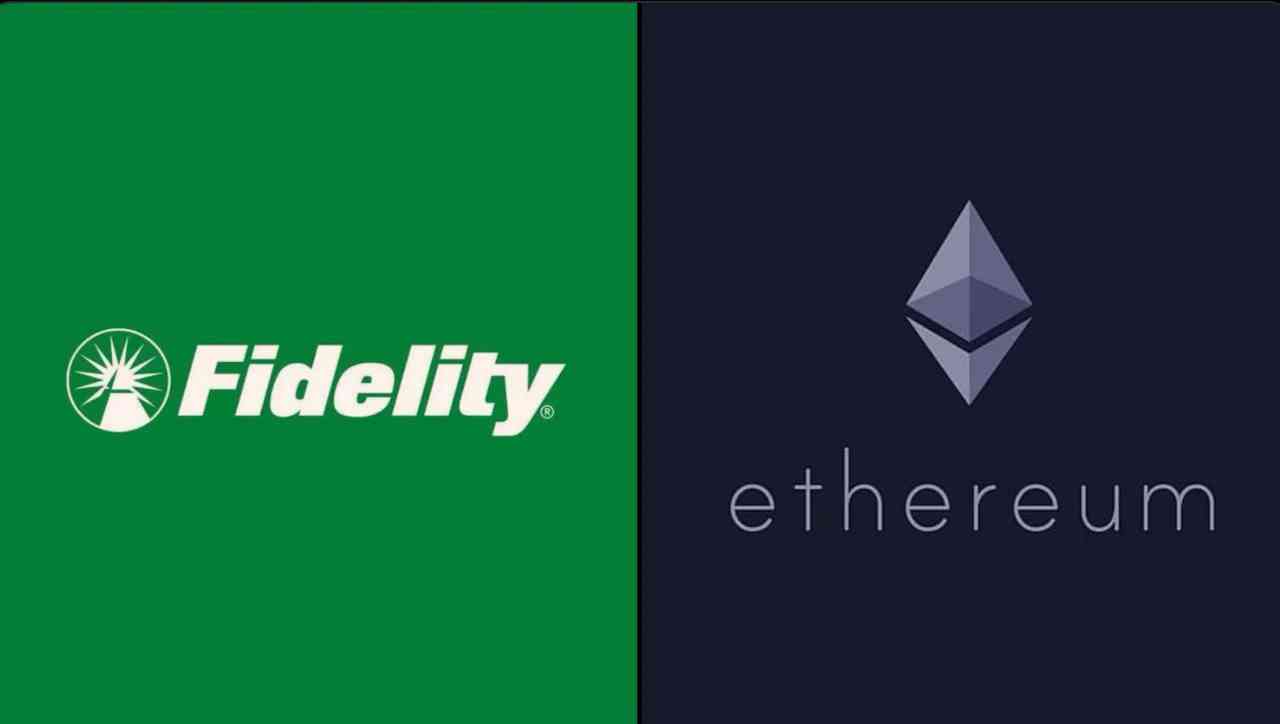Fidelity Investments has purchased Ethereum worth $49.75 million, further emphasizing the growing institutional acceptance of cryptocurrencies.
Increased Institutional Interest: Fidelity and World Liberty Finance
In 2018, Fidelity launched a digital assets division and has consistently advocated for integrating cryptocurrencies into traditional investment portfolios.
The timing of Fidelity’s purchase is noteworthy, coming just weeks before Ethereum’s “Merge” upgrade to transition the network from a proof-of-work to a proof-of-stake consensus mechanism.
The upgrade could reduce Ethereum’s energy consumption and potentially make it more attractive to environmentally conscious investors.
Fidelity is not the only major asset manager that has recently invested in cryptocurrencies. Meanwhile, World Liberty Finance purchased 1,826 ETH worth $5 million within hours of Eric Trump’s X comment.
The purchase by World Liberty emphasizes that it’s not just the giants of Wall Street that are taking notice of cryptocurrencies but also smaller, perhaps more agile, financial firms.
What Lies Ahead?
Despite the optimism surrounding these institutional investments, regulatory uncertainty remains a major concern, with different countries adopting varying approaches to crypto regulation.
For example, in the US, the Securities and Exchange Commission (SEC) and other regulatory bodies are still grappling with classifying and regulating various digital assets.
The regulatory body is deliberating on whether certain cryptocurrencies should be classified as securities, which could have far-reaching implications for their trading and management.
As more traditional financial institutions enter the crypto space, traditional and digital finance could gradually converge.
This convergence could lead to new financial products, improved infrastructure for trading and storing digital assets, and a reimagining of the global financial system.
READ MORE: Bitcoin Payment Bill Moves to the Next Step in Oklahoma













